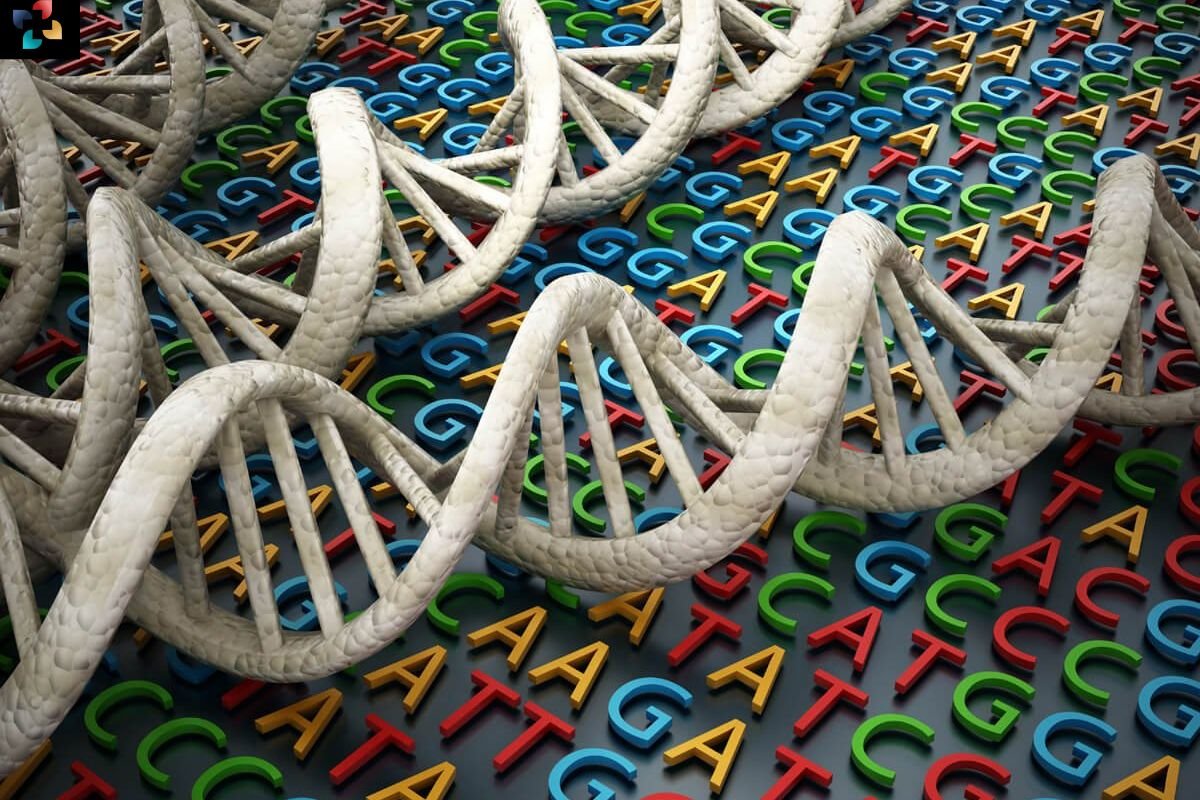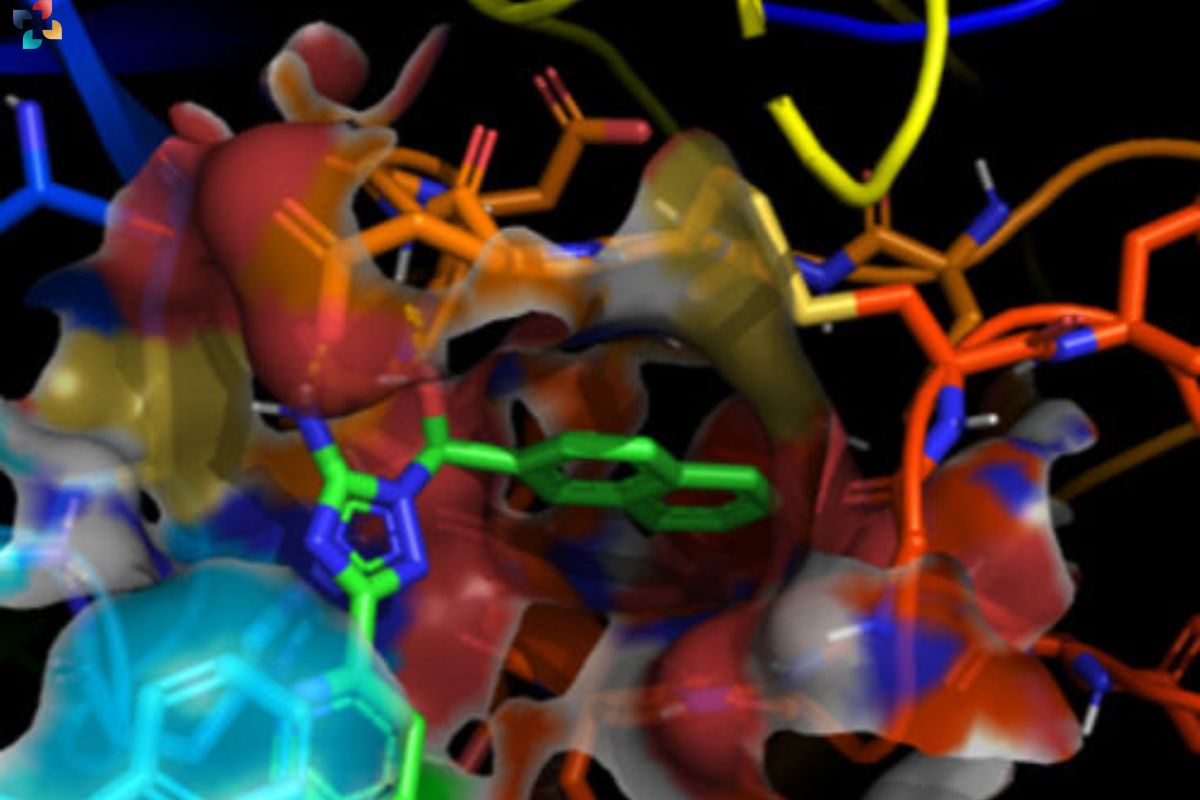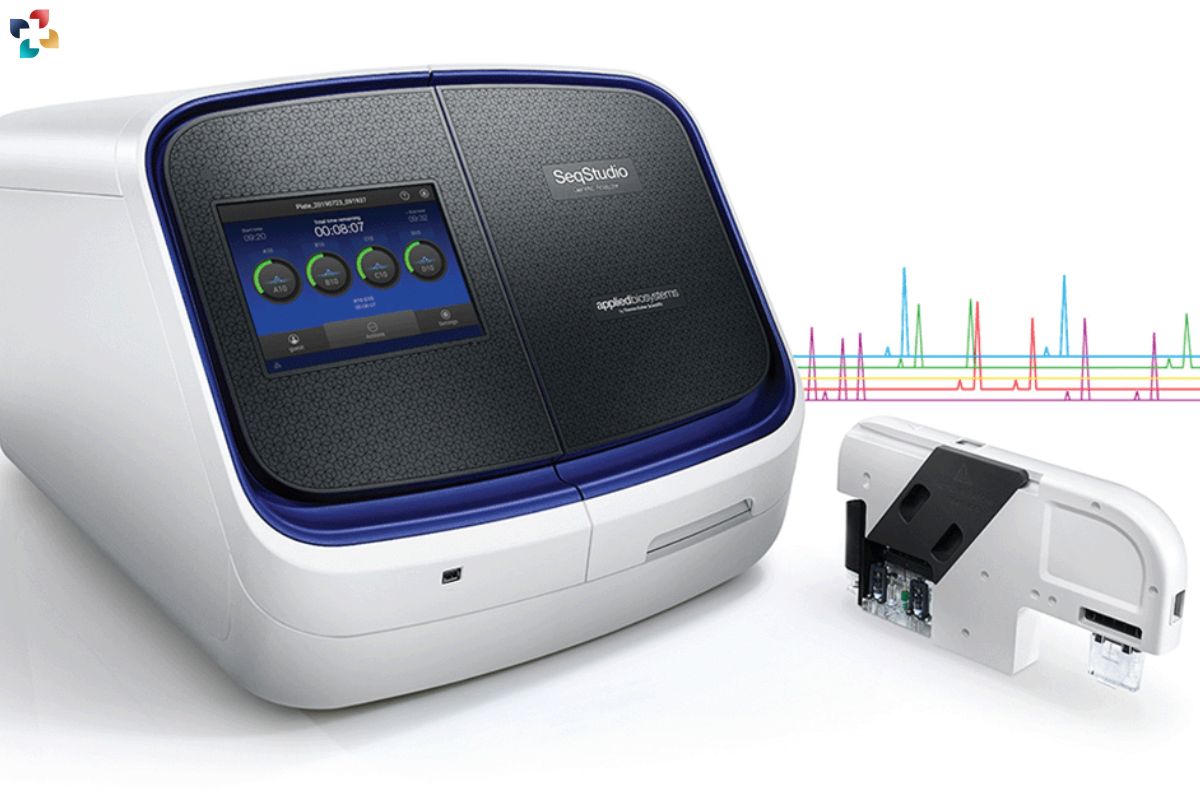Source-Thermo-Fisher-Scientific
Applied Biosystems, a renowned name in the life sciences and biotechnology industry, has been at the forefront of innovation for decades. Specializing in the development of cutting-edge instruments, reagents, and software for molecular biology research, Applied Biosystems has significantly advanced the fields of genomics, proteomics, and beyond. This article explores the history, key products, and contributions of Applied Biosystems to the scientific community, highlighting its impact on modern biotechnology.
A Brief History of Applied Biosystems
1. Founding and Early Innovations
Applied Biosystems was founded in 1981 by Dr. Sam Eletr and Dr. Andre Marion, both pioneers in the field of biotechnology. The company’s mission was to create tools that would empower scientists to explore the complexities of biological systems. Early on, Applied Biosystems focused on developing instruments for DNA sequencing and synthesis, which quickly became essential tools in molecular biology laboratories worldwide.
2. Acquisition by Perkin-Elmer and Subsequent Developments
In 1983, Applied Biosystems was acquired by Perkin-Elmer Corporation, which provided the resources and support needed to expand its product line and reach. This acquisition led to significant advancements in automated DNA sequencing technology, contributing to major scientific milestones such as the Human Genome Project.
3. Thermo Fisher Scientific Merger

In 2008, Applied Biosystems merged with Invitrogen Corporation, forming Life Technologies. This entity was later acquired by Thermo Fisher Scientific in 2014, integrating Applied Biosystems into a broader portfolio of life sciences products and services. This merger has further enhanced the company’s ability to deliver comprehensive solutions to the scientific community.
Key Products and Technologies
Applied Biosystems is known for its wide range of products that cater to various aspects of molecular biology research. Here, we highlight some of the most influential products and technologies developed by Applied Biosystems.
1. DNA Sequencing Instruments
Applied Biosystems revolutionized DNA sequencing with the introduction of automated sequencing instruments. The ABI Prism™ series, including the ABI 310, 3100, and 3730 Genetic Analyzers, set new standards for accuracy and efficiency in sequencing. These instruments played a crucial role in projects like the Human Genome Project, providing the high-throughput capabilities needed for large-scale sequencing efforts.
2. Real-Time PCR Systems
Real-Time PCR (Polymerase Chain Reaction) systems are another cornerstone of Applied Biosystems’ product line. The ABI PRISM™ 7500, 7900HT, and StepOnePlus™ Real-Time PCR Systems offer precise quantification of nucleic acids, enabling applications in gene expression analysis, genotyping, and pathogen detection. These instruments are widely used in research, clinical diagnostics, and forensic science.
3. Next-Generation Sequencing (NGS)

Applied Biosystems has also made significant strides in Next-Generation Sequencing (NGS) technology. The Ion Torrent™ platform, acquired and integrated into Applied Biosystems, provides rapid and cost-effective sequencing solutions. The Ion Proton™ and Ion S5™ systems have made high-throughput sequencing accessible to a broader range of laboratories, facilitating advancements in personalized medicine and genomics research.
4. Capillary Electrophoresis
Capillary electrophoresis (CE) systems, such as the 3500 Genetic Analyzer, are vital for DNA fragment analysis, including Sanger sequencing and fragment length polymorphism (FLP) analysis. These systems are known for their high resolution and accuracy, making them indispensable tools in genetic research and clinical diagnostics.
5. Applied Biosystems™ Reagents and Consumables
In addition to instruments, Applied Biosystems offers a comprehensive range of reagents and consumables designed to work seamlessly with their systems. These include TaqMan™ probes, SYBR™ Green master mixes, and various kits for sample preparation and nucleic acid purification. These high-quality reagents ensure reliable and reproducible results, critical for scientific research.
Impact on Genomics and Biotechnology
1. Human Genome Project
One of the most significant contributions of Applied Biosystems was its involvement in the Human Genome Project. The automated DNA sequencers developed by the company were instrumental in mapping the human genome, a milestone that has paved the way for numerous advances in medicine, genetics, and biology.
2. Personalized Medicine
The advent of Applied Biosystems’ sequencing and PCR technologies has been a driving force behind the development of personalized medicine. By enabling detailed genetic analysis, these technologies allow for the identification of genetic variations associated with diseases, leading to more targeted and effective treatments tailored to individual patients.
3. Forensic Science
Applied Biosystems has also revolutionized forensic science with its DNA analysis technologies. The ability to accurately analyze and compare DNA samples has become a cornerstone of modern forensic investigations, aiding in criminal justice and paternity testing.
4. Agricultural Biotechnology
In agriculture, Applied Biosystems’ technologies have facilitated advancements in plant and animal genomics. By enabling the identification of genetic traits associated with desirable characteristics, these technologies have contributed to the development of improved crop varieties and livestock breeds.
Future Directions and Innovations
1. Advancements in Sequencing Technologies
Applied Biosystems continues to innovate in the field of sequencing technologies. Future developments are expected to focus on increasing the speed, accuracy, and affordability of sequencing, making it even more accessible for routine clinical use and research applications.
2. Integration with Bioinformatics

As the amount of genomic data generated by sequencing technologies grows, the integration of bioinformatics tools becomes increasingly important. Applied Biosystems is likely to invest in developing software and analytical platforms that can efficiently manage and interpret large datasets, providing researchers with actionable insights.
3. Expansion into New Markets
With the ongoing advancements in molecular biology, Applied Biosystems is poised to expand into new markets such as synthetic biology, environmental monitoring, and infectious disease surveillance. These areas hold significant potential for growth and innovation, leveraging the company’s expertise in genetic analysis and instrumentation.
Conclusion
Applied Biosystems has been a pioneering force in the life sciences and biotechnology industry for over four decades. Its innovative products and technologies have transformed various fields, from genomics and personalized medicine to forensic science and agricultural biotechnology. As the company continues to innovate and expand its offerings, its impact on scientific research and healthcare is set to grow even further. Through its commitment to advancing scientific discovery, Applied Biosystems remains a cornerstone of modern biotechnology, empowering researchers and clinicians worldwide to explore the complexities of life and improve human health.








